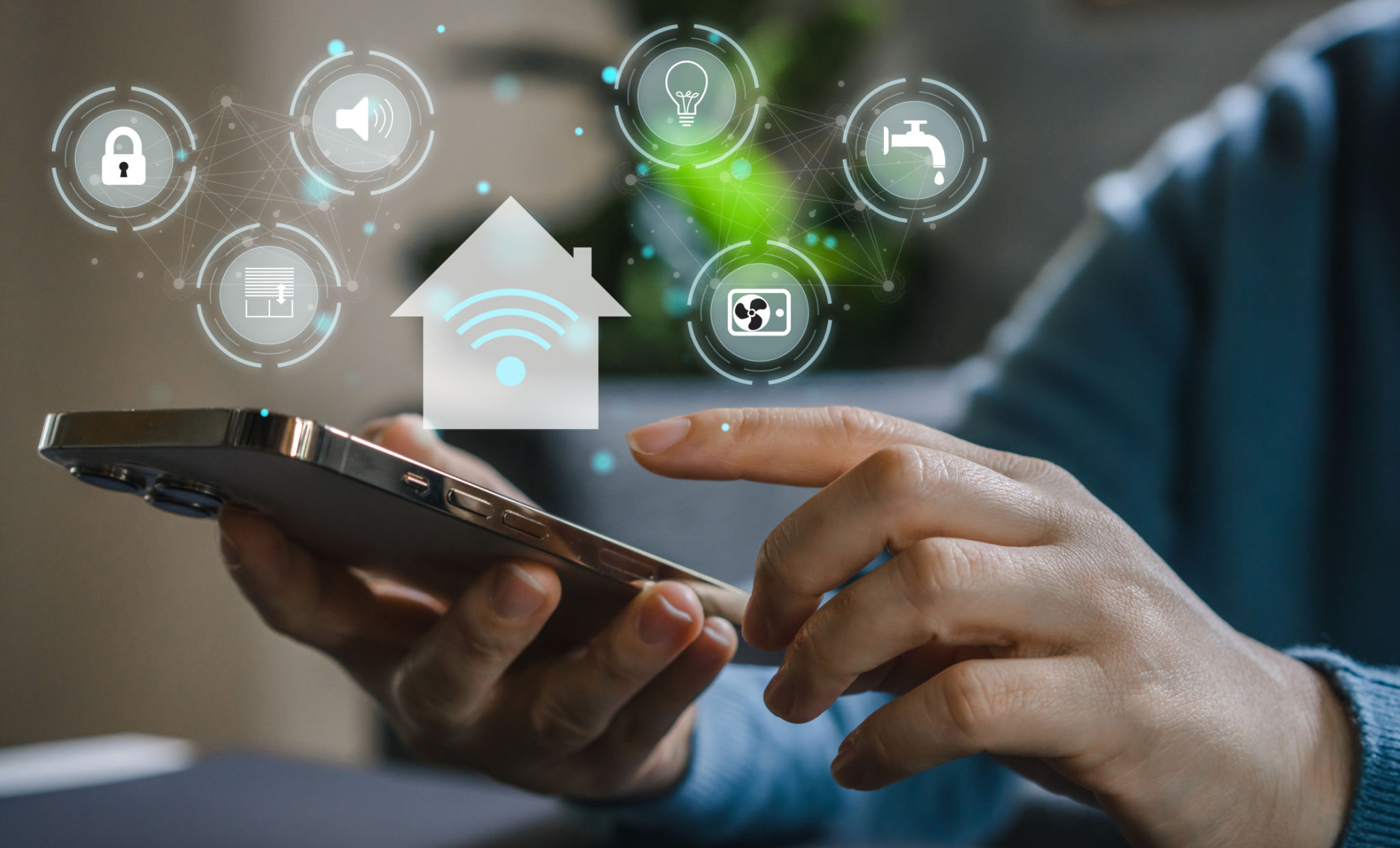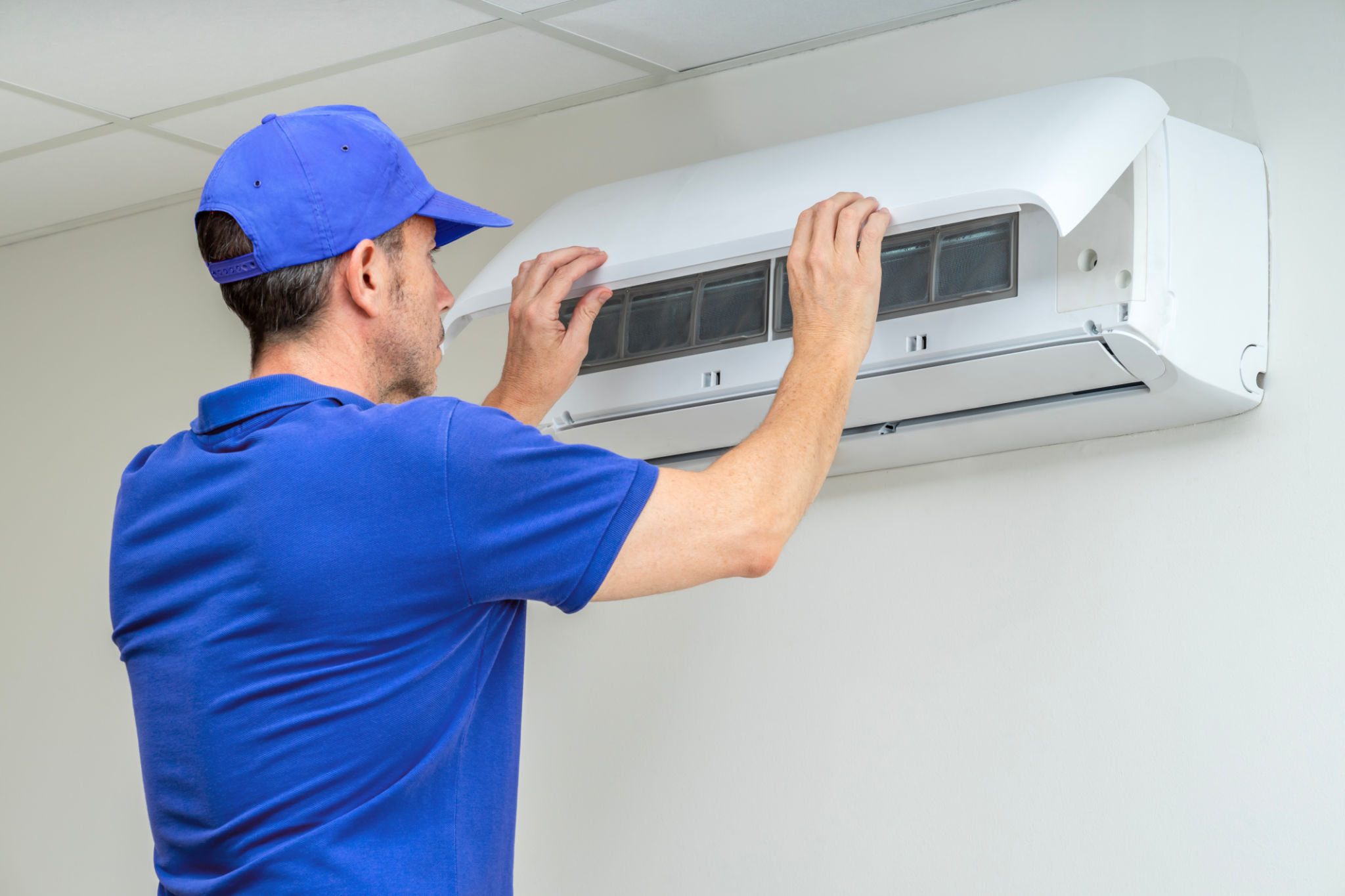Case Study: Successful Smart HVAC System Installations in NJ Homes
Introduction to Smart HVAC Systems
The integration of smart technology into home systems has revolutionized the way we live, offering enhanced comfort, efficiency, and sustainability. Among these innovations, smart HVAC systems have emerged as a popular choice for homeowners in New Jersey. These systems not only improve energy efficiency but also provide unprecedented control over home climates.
In this case study, we delve into the successful installations of smart HVAC systems in numerous NJ homes, exploring the benefits and experiences of both homeowners and installation experts.

Why Choose Smart HVAC Systems?
Homeowners in New Jersey are increasingly opting for smart HVAC systems due to their ability to significantly reduce energy consumption. Traditional HVAC systems often operate inefficiently, leading to higher energy bills. In contrast, smart systems use sensors and automation to optimize heating and cooling, ensuring energy is only used when necessary.
These systems offer several advantages:
- Energy Savings: Smart thermostats adjust temperatures based on occupancy and weather conditions.
- Remote Access: Control your home’s climate from anywhere using a smartphone app.
- Improved Air Quality: Advanced filtration systems enhance indoor air quality.
Installation Process and Challenges
The installation of smart HVAC systems involves several steps, from assessing the home's current setup to integrating new technology. The process requires expertise to ensure compatibility and functionality. In New Jersey, several experienced contractors specialize in these installations, offering comprehensive assessments and customized solutions.

While the installation process is generally straightforward, certain challenges can arise. For example, older homes may require additional modifications to accommodate new systems. Despite these challenges, the long-term benefits make the investment worthwhile for many homeowners.
Case Study Highlights
One notable case involved a family in Hoboken who upgraded their outdated HVAC system to a smart one. Post-installation, they reported a 30% reduction in their energy bills within the first six months. The system’s ability to learn their daily routines and adjust settings accordingly played a crucial role in maximizing efficiency.
Another success story comes from a residential community in Princeton. Here, multiple homes underwent smart HVAC upgrades. Residents quickly noticed improved comfort levels and air quality throughout their homes. Many appreciated the convenience of controlling their systems through voice-activated devices.

User Feedback and Satisfaction
Feedback from homeowners has been overwhelmingly positive. Many express satisfaction with not only the cost savings but also the enhanced lifestyle convenience. The ability to control home temperature remotely has provided peace of mind, especially during unexpected weather changes.
Moreover, users have highlighted the environmental benefits of reduced energy consumption, aligning with broader goals of sustainability and eco-friendliness.
Conclusion
The successful installation of smart HVAC systems in New Jersey homes illustrates the transformative potential of smart technology in residential settings. As more homeowners recognize the value of these systems, it's clear that smart HVAC solutions are not just a trend but a significant step towards more efficient and sustainable living.
For those considering an upgrade, now is an opportune time to explore smart HVAC options and enjoy the myriad benefits they offer.